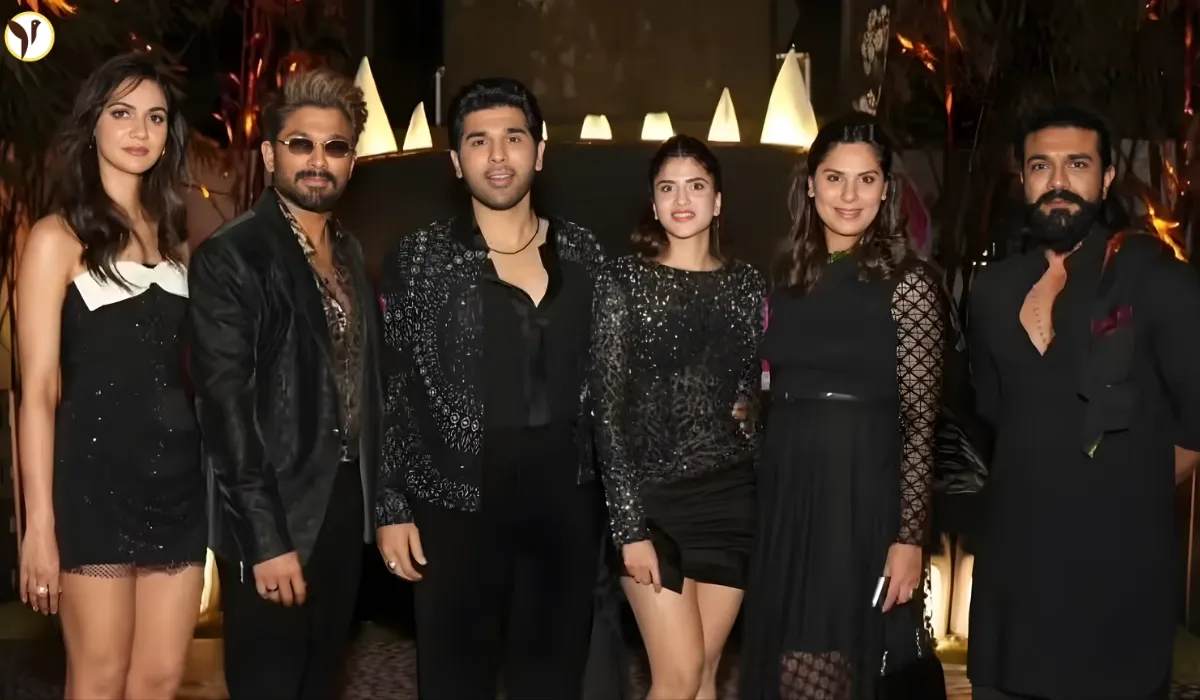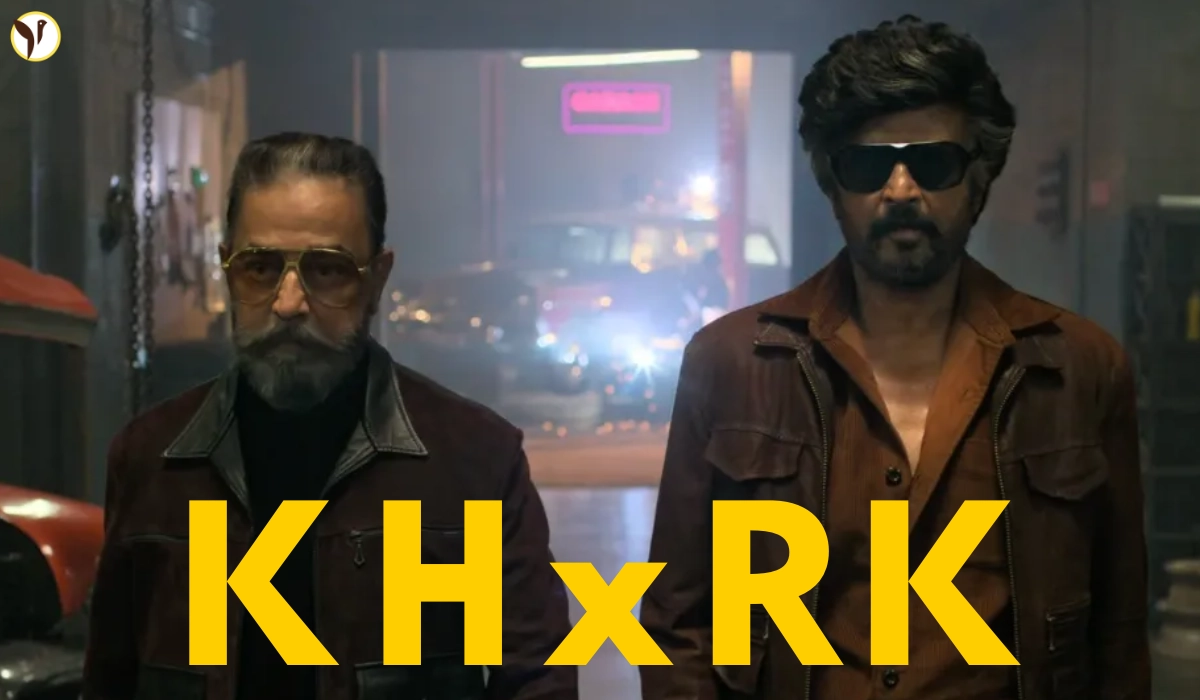The Big News: Taylor's Triumph!
It's official, Swifties! Taylor Swift owns her entire back catalog – all six of those early albums, plus videos, artwork, everything. She announced it Friday on her website, a move that's sent shockwaves (in a good way!) through the music industry. The tears of joy were real, I'm sure.
The Long and Winding Road to Ownership
Let's rewind. Back in 2019, her masters were sold by Big Machine Records to Scooter Braun. This caused a huge uproar, and Taylor wasn't shy about sharing her feelings on Tumblr. She felt Braun's actions were a serious betrayal and part of a larger pattern of mistreatment by industry power players.
Her response? She brilliantly re-recorded her first four albums as "Taylor's Versions," and, well, you know how successful those were! It put immense pressure on the value of her original recordings. But honestly, who would want the originals when Taylor's versions are out there? The point was, it seemed like a good way to take the power back.
Braun eventually sold the master rights to Shamrock Holdings. And now, finally, Taylor has purchased them, securing full ownership.
- The takeaway: Taylor’s fight wasn’t just about money; it was about control and respect within the music industry.
- The impact: This sends a powerful message to other artists who may find themselves in similar situations. The power dynamic is changing.
So, What About Reputation?
Now, here’s where things get interesting. While we celebrate Taylor’s win, there’s a bit of a bittersweet twist. She’s not re-recording Reputation anytime soon. She wrote that she kept hitting a roadblock creatively when attempting to re-do the album.
“The Reputation album was so specific to that time in my life,” she explained. It’s a unique period in her career and personal growth, and she felt it wasn't something she could or wanted to improve with a new recording.
However, that doesn’t mean it’s completely off the table. She mentioned that the unreleased “vault tracks” from the album might see the light of day someday.
The Bigger Picture
This isn’t just a win for Taylor; it’s a huge deal for all artists. It highlights the ongoing struggle for artists to maintain control over their creative work. It’s a story that's resonated with fans and is now setting a new standard of ownership for the industry. It's absolutely a turning point.
What's Next?
While we won't see Reputation (Taylor's Version) immediately, the future for Taylor’s music is undeniably bright. She's accomplished something truly remarkable, showing that artists can fight for their rights and win. The Era of Ownership has officially begun.









